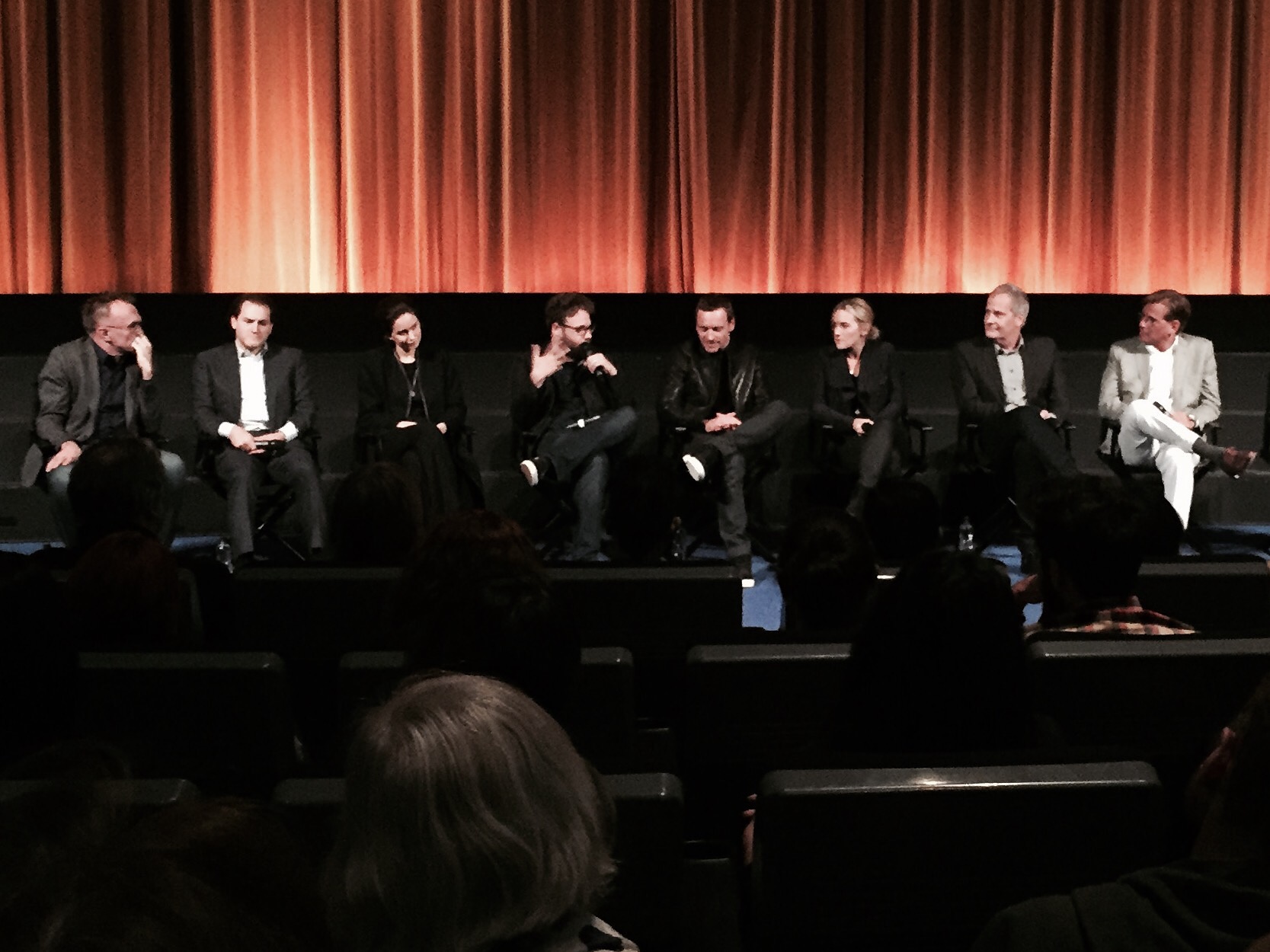Neville Brody, Jonathan Glazer and the rebrand of Channel 4
Creative Review has all the background here.
But I imagine most of the talk will be around Mr. Glazer’s weird and very wonderful idents.
Closer to Under The Skin than any of his recent ad work, this is an amazing collection of visuals in a narrative that makes just enough sense to confuse and delight in equal measure.
Nice one, Chris and John (and everyone else).
A Black Pencil is on the way.
